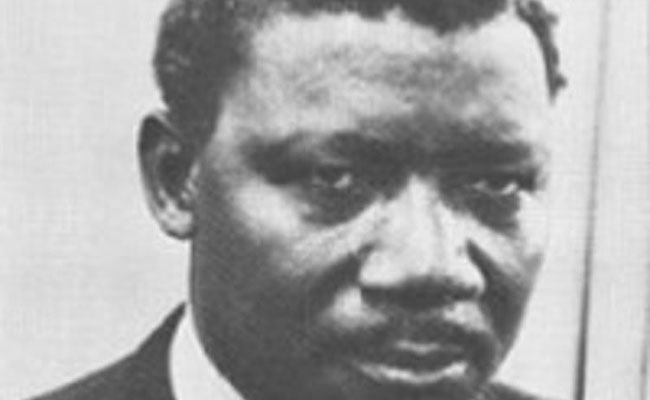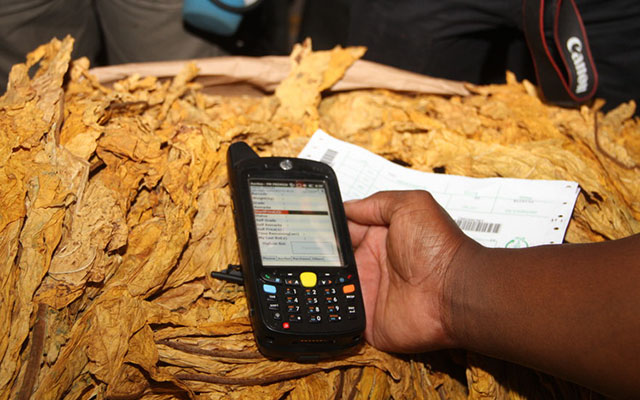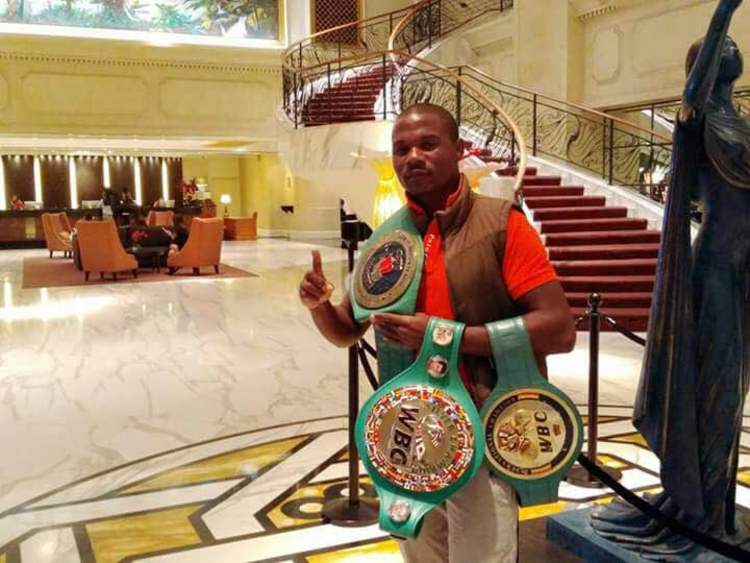2018 and Zanu-PF’s liberation war DNA

Seewell Mashizha Correspondent
FOLLOWING the scramble for Africa and the continent’s partition in the aftermath of the Berlin Conference of 1884, imperialism and colonialism became legitimate business.
The conquering forces of Europe embarked upon a frenzied orgy of colonisation and annexation across the whole of Africa.
Only small swathes of land (Ethiopia and perhaps Liberia) were spared the ravages of the voracious appetite of the new makers of the world.
Having whet their acquisitive appetites in the lucrative Atlantic slave trade triangle and having had more than a glimpse of the riches that seemed to lie unexploited in Africa, Europe went about the business of legitimising her malevolent activities against indigenous Africans.
In some cases, theology was used to justify the exploitation and the excesses.
Afrikaners in South Africa, through the teachings of their Calvinist Dutch Reformed Church, taught that Africans were ordained by God to become hewers of wood and fetchers of water.
Leopold II of Belgium had no qualms about his mission in the Congo.
Not unexpectedly, and in keeping with imperialist sentiments of the era, he disguised his intentions with benevolent claims.
In a book by Hochschild, the author discusses the 19th century European drive for possessions in Africa and how the moral rationalisation of the “civilising” mission was used to justify colonialism.
In this context, Leopold founded the International African Association (IAA) in 1876 and organised a conference in Brussels to which famous explorers were invited, including the genocidal Henry Stanley.
In his keynote address Leopold said, “To open to civilisation the only part of our globe which it has not yet penetrated, to pierce the darkness which hangs over entire peoples, is, I dare say, a crusade worthy of this century of progress . . . ”
Given what later happened in the Congo, Leopold’s self-serving claims were no more than a euphemism for naked aggression, exploitation and suppression, the likes of which have perhaps never been seen before or after; a recipe for resistance, conflict and chaos that continues to play out in the Congo today.
The excesses of Leopold’s macabre project in the Congo where he meant to maximise profits from the sale of ivory and rubber are vividly portrayed in Joseph Conrad’s “Heart of Darkness”.
The Germans were guilty of similar offences in South West Africa (Namibia).
Thus, the ground was being laid for the revolutions that later characterised Africa’s struggle for self-determination and independence.
When one people grabs another people’s land and natural resources, there comes a time when the docility dissipates and is replaced by militancy and other forms of advanced struggle.
This is the context in which Herbert Chitepo, ZANU chairman before his assassination, said that everywhere revolution was about land.
Therefore, it was not by accident that the term “mwana wevhu” (child of the soil) gained currency.
The rape of the land created a lasting war cry that persists to this day: a cry that the rural populace generally takes up with alacrity as a result of long periods of suffering from oppressive pieces of legislation such as the Land Husbandry Act, the Animal Husbandry Act, poll tax and other exploitative laws during colonialism.
The clear and justified cry for the righting of injustices in Zimbabwe and the region, including current land agitation in Kenya, and sovereignty-based imperatives confer former liberation parties with a certain appeal and relevance.
In addition, the struggle for economic well-being gives parties like ZANU-PF a distinctive DNA with the potential to serve them well into the foreseeable future.
Despite the shortcomings ZANU-PF at present exhibits, opposition parties will continue to be more or less rank outsiders as long as they do not identify with the historical aspirations of the overwhelming majority of Zimbabwe’s people.
For a clearer understanding of ZANU-PF’s political DNA, we juxtapose insights and experiences from South Africa. To most people, the South African Communist Party is an enigma to this day.
The puzzles emanate from its longevity and relevance after the demise of the Soviet Union. This party from the beginning was able to combine clarity of thought and purpose with direction and unwavering resolve. The analyses of the SACP on various issues remain largely flawless. Take for example what Joe Slovo, first post-apartheid Minister of Housing in South Africa (at various times commander of Umkhonto WeSizwe and chairman of the SACP) said about whether or not socialism had failed, “The wretched of this earth make up over 90 percent of humanity. They live either in capitalism or capitalist-orientated societies. For them if socialism is not the answer, there is no answer at all.”
Critically, on the armed struggles of Africa and regarding the stance taken by the SACP on South Africa, in particular, Slovo said, “ . . . history left us with no choice but to engage in armed action as a necessary part of the political struggle. It was a moment in which (to use Lenin’s words) untimely inaction would have been worse than untimely action. We could not refuse to fight. We had to learn how to do so. And, in many respects, we had to learn on the ground, in the hard school of revolutionary practice.”
It sometimes becomes necessary for people to opt out of their comfort zones to commit “class suicide”.
Only through such radical excision from source and base can one become sufficiently detached to be objective.
For, make no mistake, objectivity is required in resolving the Rhodesian question in Zimbabwe and self-serving white amnesia in South Africa.
These are the major questions of our current phase of political transformation.
What must be addressed is the question of whites suddenly becoming whiter than snow and arrogating to themselves, a sinless angelic existence.
When whites finally accept being collectively responsible for the dehumanisation of our people (Paulo Freire) for the purpose of uplifting and perpetuating their own privileged lives and lifestyles, the convolutions of socio-political and economic injustice can begin to be unravelled, addressed and straightened.
Thus, shooting straight from the hip, Joe Slovo observes: “Bashing the Afrikaner is a popular pastime among certain English liberals and it gets my goat . . . It stems from a combination of English jingoism and an attempt to evade collective white guilt for our racist inheritance by oiling it all onto the Afrikaners. It also creates a smoke screen over the real roots of racism by giving pride of place to the ethnic factor rather than to economic exploitation.”
Interestingly, Steve Bantu Biko voiced his disdain of white South African liberals who metaphorically ran with the hares and hunted with the wolves. They cried crocodile tears about the African predicament and benefited from the trappings of apartheid, nevertheless.
On another occasion when asked to say something about the staying power of the SACP, Slovo in his inimitably humorous style said: “…we have no contract with Saatchi & Saatchi who are already working for the NP. We rely on the firm of De Klerk and Botha, whose public relations work for our Party is unsolicited, unintended and free. Every time this old firm launches a salvo against us, our popularity rating among blacks takes a further leap.”
The foregoing is an apt and direct template of the liberation wars around Southern Africa.
We are the beneficiaries of this phase of the struggle. Collectively, there has been unity of purpose, the Moscow Axis and Beijing Axis, notwithstanding. For those who are not aficionado on some of these matters, liberation movements, as predicted by Macmillan in his ‘Wind of Change’ speech in the South African Parliament in 1960, aligned themselves either with Moscow or with Beijing where in each case they received certain assistance in terms of orientation, weaponry and combat tactics.
In this respect Angola’s MPLA, Mozambique’s FRELIMO, South Africa’s ANC and Zimbabwe’s ZAPU belonged to the Moscow axis while Zimbabwe’s ZANU and South Africa’s Pan-African Congress were of the Beijing axis. Their differences were in terms of the politicization process as well as outright military tactics. ZANU guerrillas under ZANLA, the Party’s military wing, were therefore, Maoist and deliberately mixed with the rural masses where politicization through “pungwes” or all night political sessions was the order of the day. The ZANLA anthem “Nzira Dzemasoja” is a rendition of the maxims of guerrilla warfare and conduct as espoused by China’s Chairman Mao. It was sung with fervour and conviction and was popularly broadcast at night from Maputo.
Despite subscribing to different political axes/methodological orientations, as represented by Moscow and Beijing, liberation movements sometimes worked together and often shared the same military training camps in places like Morogoro in Tanzania.
The joint Wankie campaign of 1967 was mounted by ZIPRA guerrillas from Zimbabwe’s ZAPU and Umkhonto WeSizwe guerrillas from South Africa’s ANC. When a new war front was opened into Zimbabwe from Mozambique, ZANU was in cooperation with FRELIMO despite their different political, military and strategic anchors.
I have attempted to depict the very real obstacles that I think beset opposition parties in Zimbabwe while at the same time enhancing ZANU-PF’s chances come 2018.
In the next article I will look at specifics including factionalism in ZANU-PF and the succession issue as well as other relevant issues where they arise. We do all this in the interest of healthy debate and interaction unfettered by blind partisanship. What must be said must be said. — NewZimbabwe.com









Comments